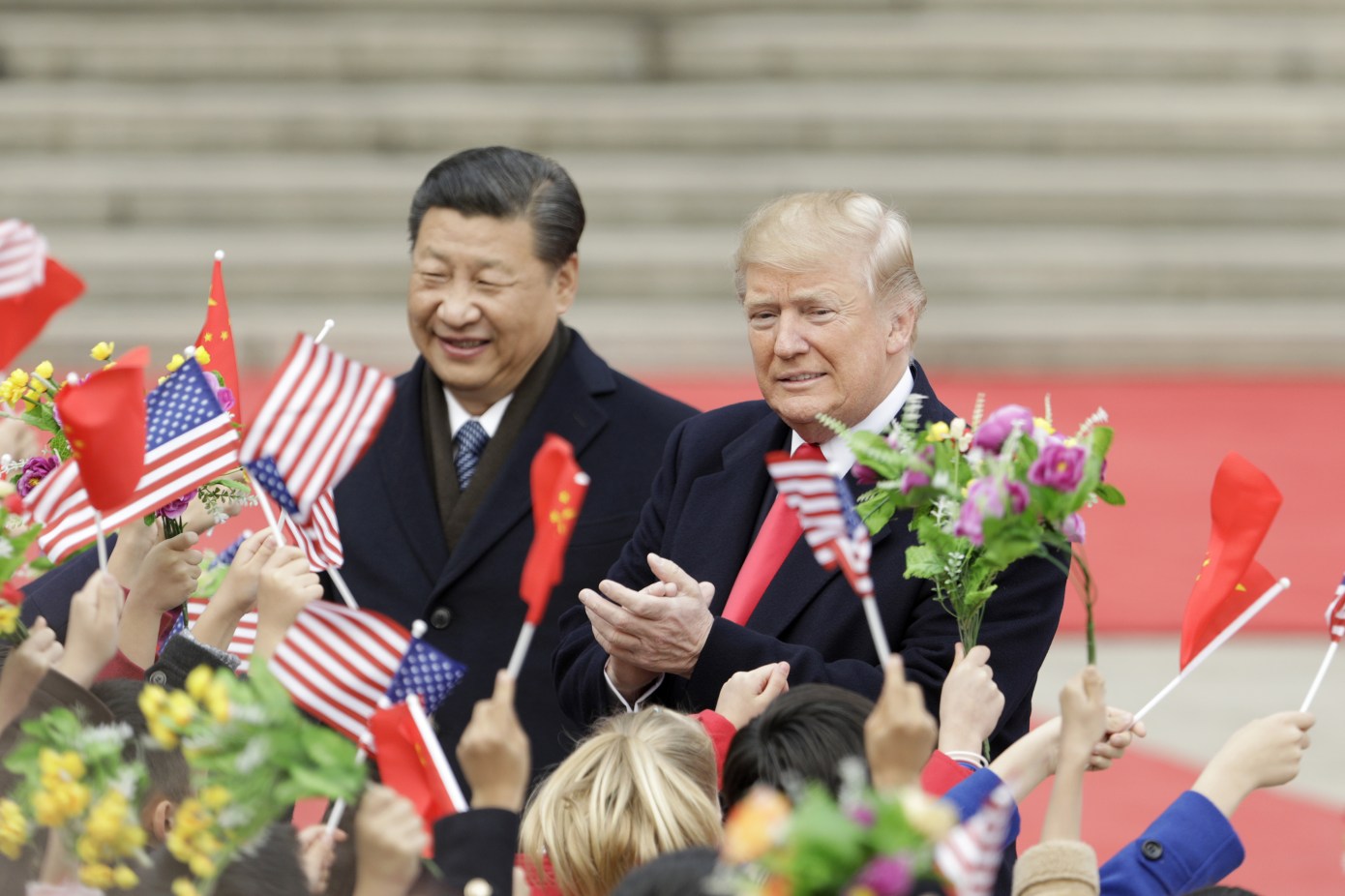
Is your startup the next TikTok?
Is your startup the next TikTok?
And I don’t mean building an app that gets the world addicted to short-form videos. I mean, where you build a huge company that spans the world and then get turned into a political football.
The Bytedance-owned app developer still appears headed for a shutdown in the US, after the already convoluted talks stalled out this past week. Each national government appears to require local ownership of a new entity, as Catherine Shu details, and the business partners are each claiming ownership. It’s a zero sum global game now for control of data and algorithms.
On the other side of the world, Facebook was quick to state that it would not be pulling out of the European Union this week even if it is forced to keep EU user data local, as Natasha Lomas covered. The company was clarifying a recent filing it had made that seemed to threaten otherwise — it doesn’t want to get TikTok’d.
For startups with physical supply chains, existing tensions are squeezing business activity from Chimerica out into other parts of the world, as Brian Heater wrote about the topic for Extra Crunch this week. Here’s what one founder told him:
Many [companies] are considering manufacturing in areas like Southeast Asia and India. Vietnam, in particular, has offered an appealing proposition for a labor pool, notes Ho Chi Minh City-based Sonny Vu, CEO of carbon-fiber products manufacturer Arevo and founder of deep tech VC fund Alabaster. “We’re friendly [with] the Americans and the West in general. Vietnam, they’ve got 100 million people, they can make stuff,” Vu explains. “The supply chains are getting more and more sophisticated. One of the issues has been the subpar supply chain … it’s not as deep and broad as as other places like China. That’s changing really fast and people are willing to do manufacturing. I’ve heard from my friends trying to make stuff in China, labor’s always this chronic issue.”
Danny Crichton blamed nationalistic US policies for undermining the country’s long-term commitment to leading global free trade and threatening its competitive future, in a provocative rant last weekend. There’s truth to that, but the underlying truth is that globalization worked, it just hasn’t work as well as hoped for a lot of people in the US and some other parts of the world. In addition to phenomenon like China’s industrial engine, for example, those cross-border flows of money and technology have helped nurture the startup ecosystem in Europe.
Mike Butcher, who has been covering startups for TechCrunch from London since last decade, writes about a new report from Index Ventures about this trend.
It used to be the case that in order to scale globally, European companies needed to spend big on launching in the U.S. to achieve the kind of growth they wanted. That usually meant relocating large swathes of the team to the San Francisco Bay Area, or New York. New research suggests that is no longer the case, as the U.S. has become more expensive, and as the opportunity in Europe has improved. This means European startups are committing much less of their team and resources to a U.S. launch, but still getting decent results…. Between 2008-2014, almost two-thirds (59%) of European startups expanded, or moved entirely, to the U.S. ahead of Series A funding rounds. However, between 2015-2019, this number decreased to a third (33%).

The report also highlights the economic problem of dividing up markets into political blocks. “European corporates invest three-quarters (76%) less than their U.S. counterparts on software,” Butcher adds about the report. “And this is normally on compliance rather than innovation. This means European startups are likely to continue to look to the U.S. for exits to corporates.”
The pain from failing to trade will come home sooner or later to each government, as Danny observes. But that could be longer than your current company exists. Instead, now is the time to pick the markets you can win, and plan for a world where success has a lower ceiling. And hey, if you’re lucky, your national government could pick you as its winner!
Read more: techcrunch



